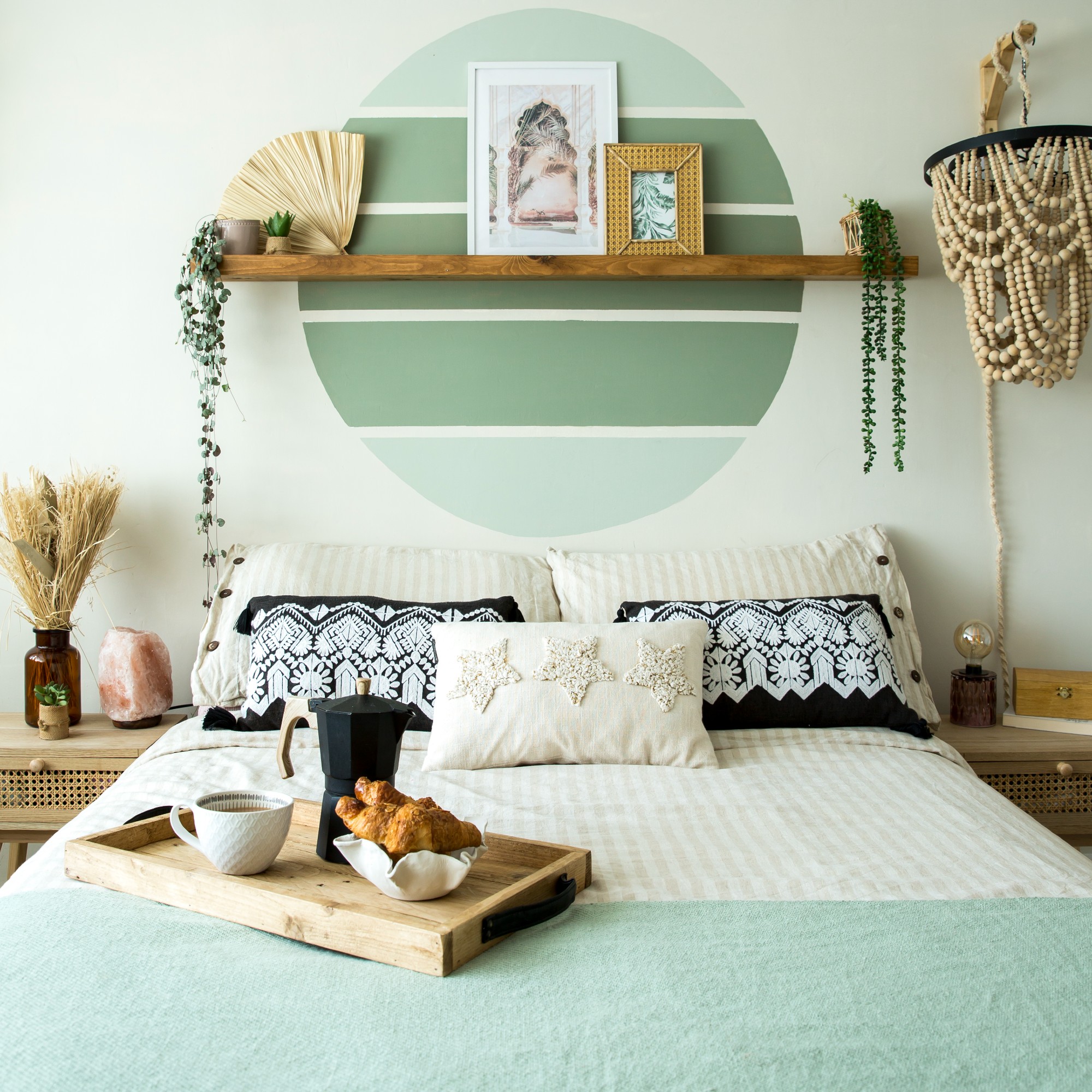
What is bed rotting? Well, this phenomenon originated on TikTok (of course), but don't worry, the bed rotting trend has nothing to do with your actual bed frame rotting. Although that’s where our minds went the first time we heard the term!
It actually refers to a more extreme version of an activity most of us have partaken in at some point – namely laying in bed for long periods of time without moving a muscle, and likely bingeing our favourite TV show, scrolling through Instagram, or/and eating whilst we're at it.
Some TikTokers are promoting bed rotting as a self-care trend. However, experts have warned that sitting or laying in bed in the same position for prolonged periods could well be damaging our mattresses (and quite possibly our mental health too!).
As the best mattresses certainly don't come cheap, that's likely something we all want to avoid. So, we asked several mattress experts whether this is something we should be worried about or not.
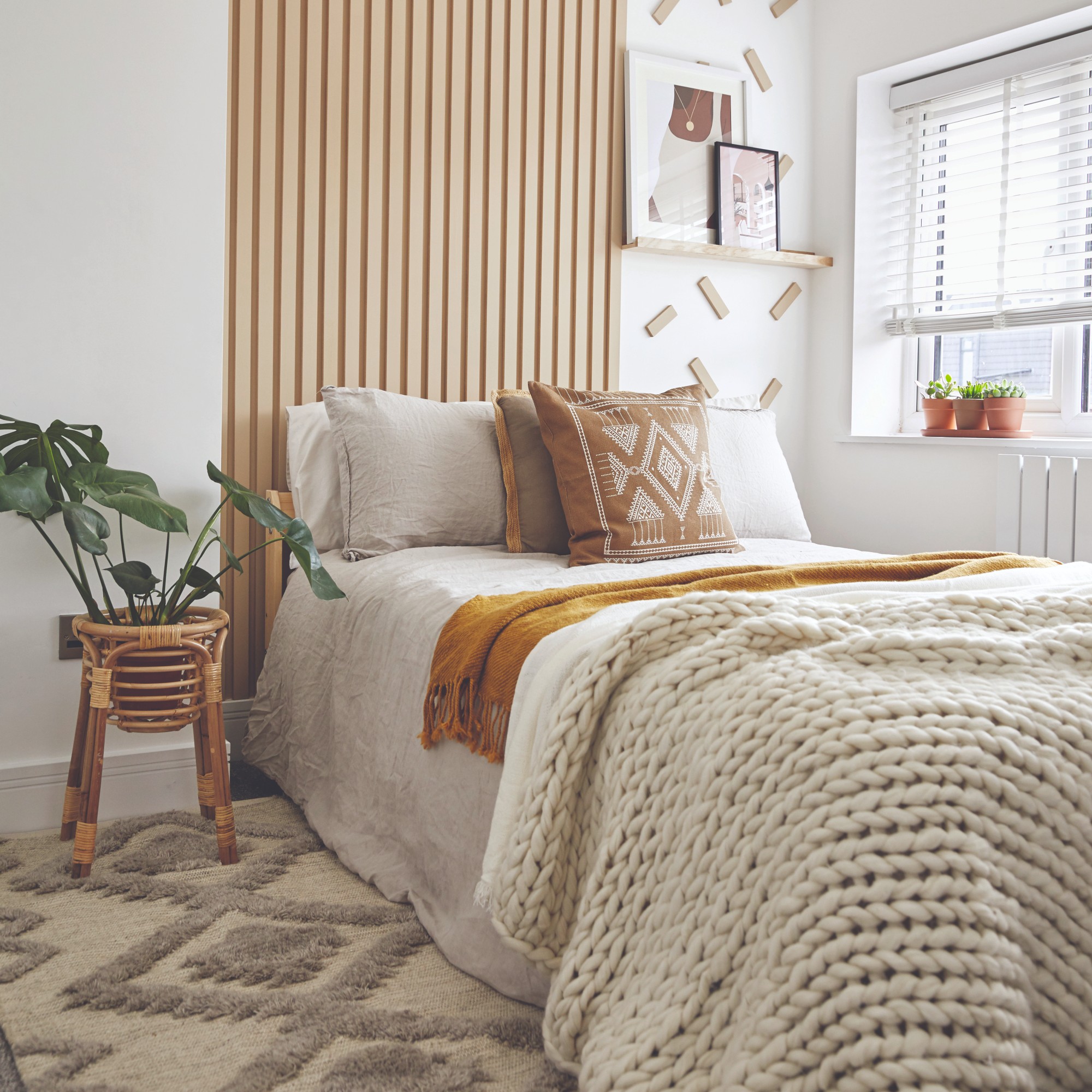
Can the bed rotting trend ruin your mattress?
Bed rotting seems to largely be rebrand of what you might call goblin mode, lazing around, or what Ideal Home’s Deputy Editor Rebecca Knight endearingly refers to as ‘gremlining’.
Everyone has their name for it. But did you ever consider it might be causing damage to your mattress?
Despite its popularity on TikTok, the trend has already been condemned by health professionals as potentially contributing to depression, or being an early sign of it, so it’s perhaps not something to be celebrated.
And now, it’s the turn of mattress manufacturers to issue a warning on the downsides of the trend.
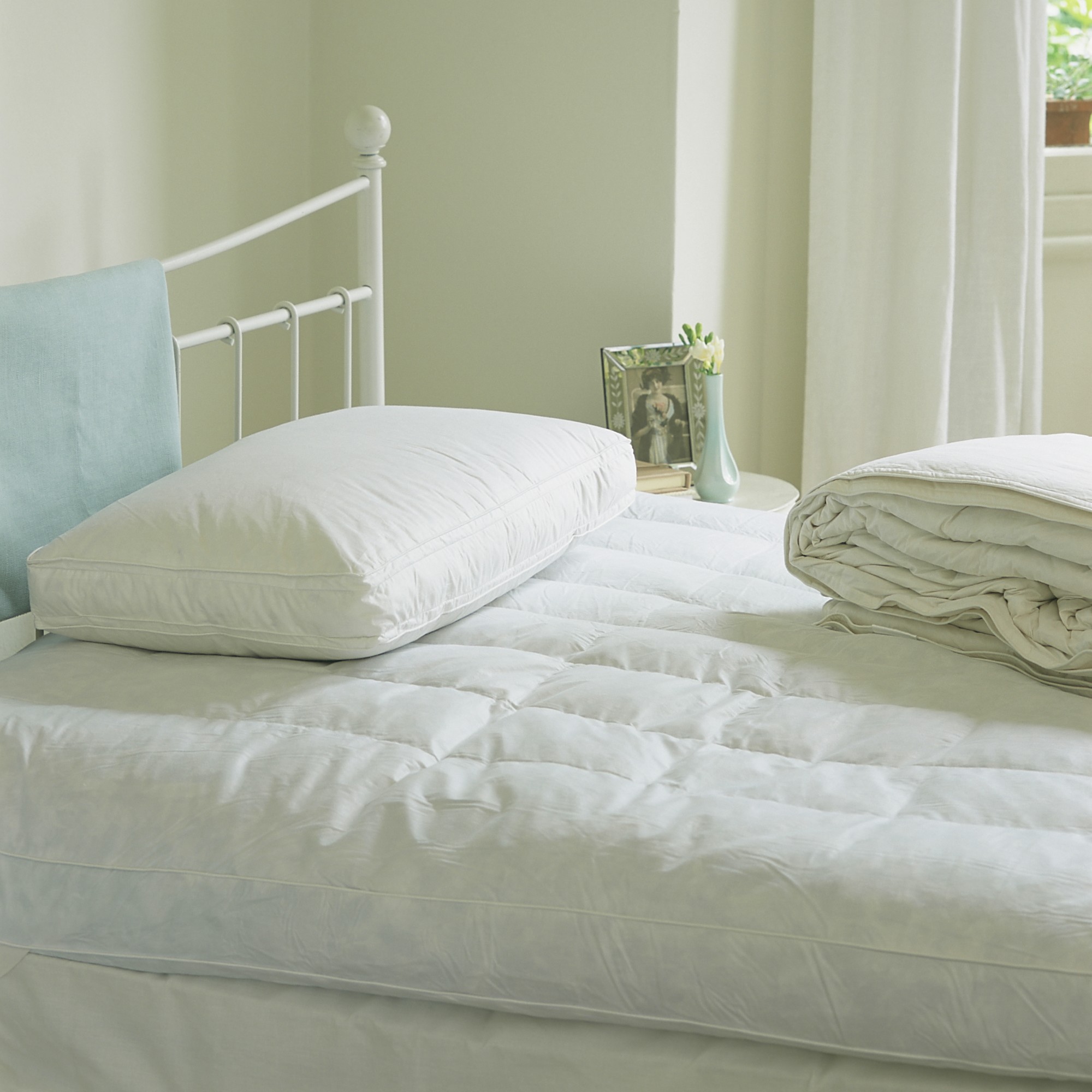
‘Sitting in one position on a mattress for an extended period can cause damage,’ confirms Victoria Cedeno, brand specialist at mattress brand Zinus. 'Although it depends on various factors such as the quality and materials of the mattress'.
So, if we've made mistakes when buying a mattress then we've possibly set ourselves up to be more at risk of depressions forming in our mattress' surface.
However, as Amanda Castle, marketing manager at mattress manufacturer Hypnos Beds warns, even a good quality mattress is at risk. ‘A good quality mattress is designed with support in place around its edges' she advises. But, as she continues, ‘If you regularly sit on the edge of your mattress, the focused weight distribution could potentially still cause wear and reduce support over time'.

So whether you opt for a hybrid, memory foam, open coil, or pocket spring mattress, you're still at risk of damaging it if you sit in one place for extended lengths of time.
‘As a general rule of thumb, for optimum sleep and wellbeing, a bedroom should be reserved for its primary purpose as opposed to distractions such as watching TV or working', says Amanda.
What can you do to stop your mattress from deteriorating?
'Our mattresses are prone to wear and tear, but many don’t realise the impact this can have on our sleep, and consequently, on how you feel when you wake up,' explains Alison Jones, sleep expert at mattress brand Sealy UK.
'A mattress will understandably become worn or damaged over time as factors like weight, pressure points, and sleep positions take a toll night after night', she says. And, thanks to the bed rotting trend we can now add sitting positions to the equation too!
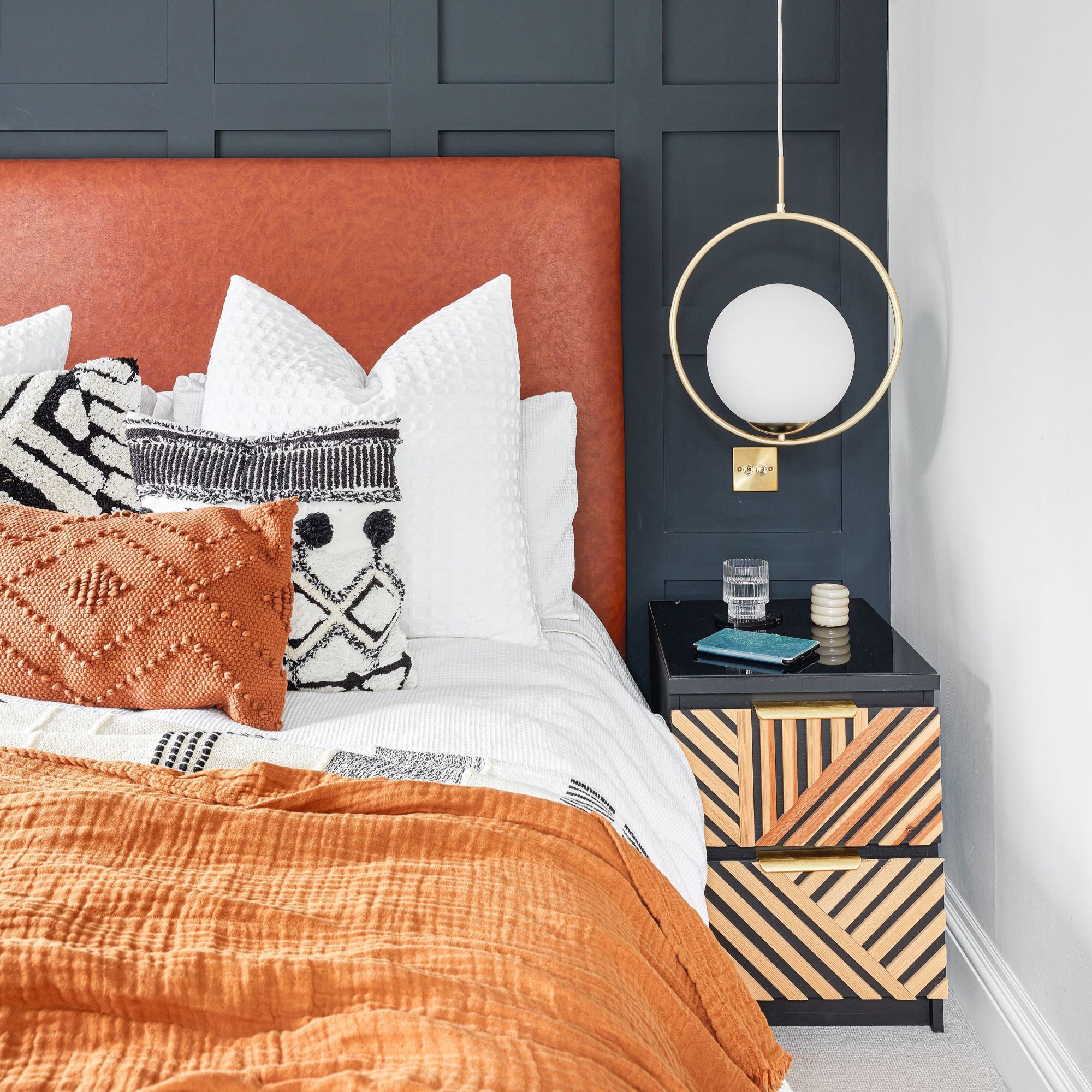
So, if you still want to partake in the bed rotting trend, then we suggest picking your mattress wisely, and taking care of it to prolong its lifespan.
Our guides to how to clean a mattress, how often you should rotate a mattress, and should you flip a mattress can help you to ensure your mattress is getting all the TLC it requires.
It's also wise to add one of the best mattress protectors to the bed to keep your mattress clean, and potentially even one of the best mattress toppers to protect your sleep surface if you're planning on being in bed for long periods of time.
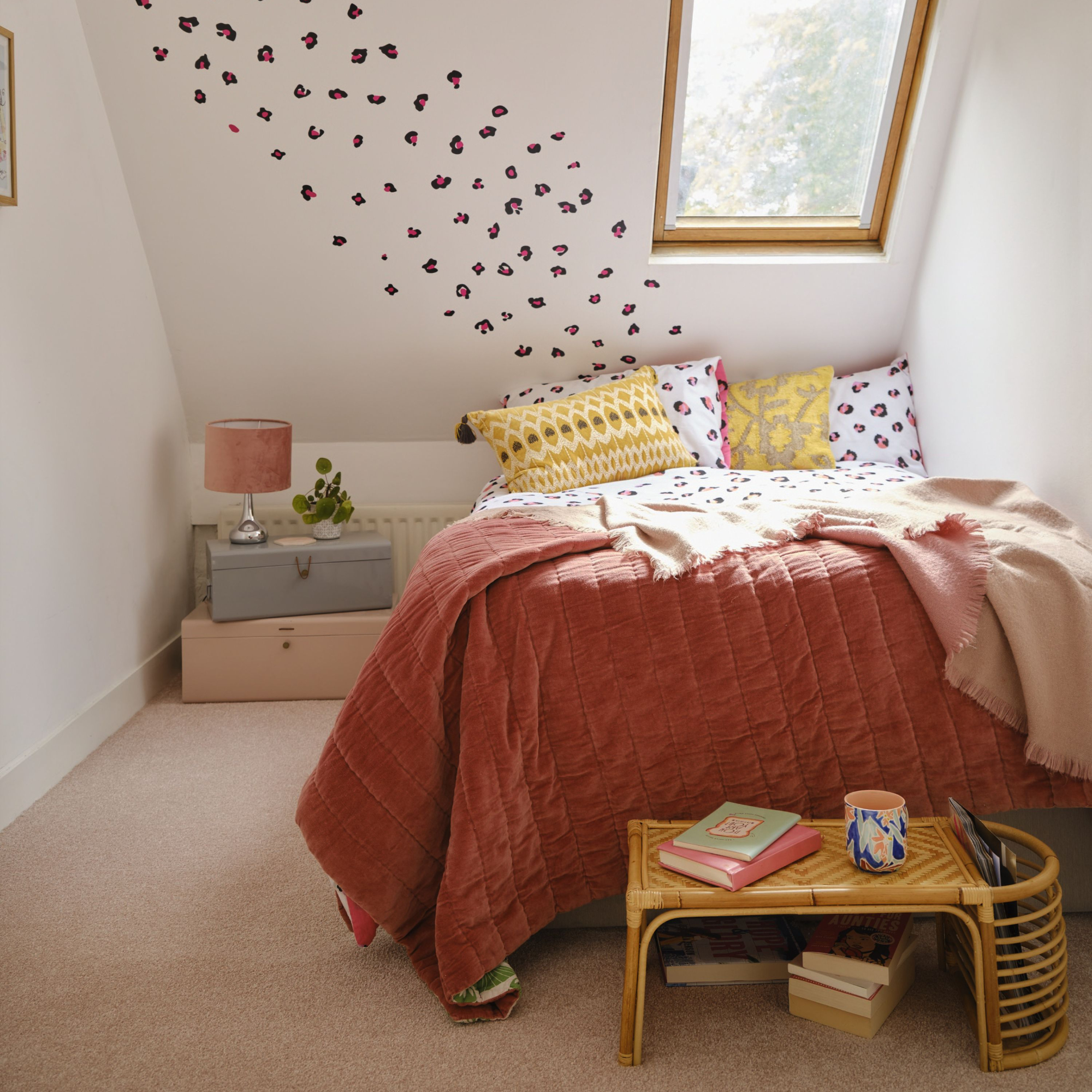
‘There are things you can do to prolong their lifespan like keeping it clean by changing your bedding regularly and using a mattress protector,’ agrees Victoria from Zinus. ‘We also suggest rotating your mattress occasionally, as this helps to distribute your weight evenly across the surface.’
However, the bottom line is to not spend more time in bed than you need to to get a good nights sleep – it’s better for both you and your mattress.







